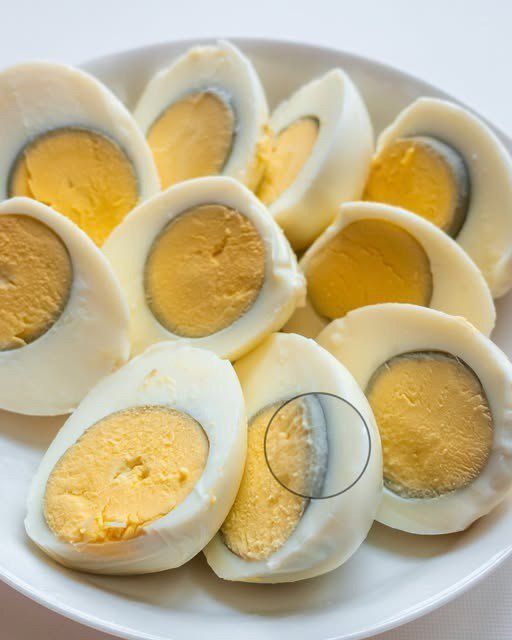ADVERTISEMENT
**The Real Reason: Starch Release**
As pasta boils, it releases starch into the water. That starch interacts with the heat and bubbles to create foam, which rises and spills over the edge.
**Kitchen Tip:**
Use a larger pot with more water to reduce foam density. Placing a wooden spoon across the top of the pot can break surface tension and prevent boil-over. It’s not magic—it’s physics.
—
## **6. Why Does Bread Go Stale Even in a Sealed Bag?**
You bought that fresh bakery bread yesterday. Why is it hard as a rock today?
**The Real Reason: Retrogradation of Starch**
Contrary to popular belief, bread doesn’t go stale just because it loses moisture. It’s mostly due to a process called starch retrogradation. The starch molecules crystallize over time, making the bread firm and dry.
**Kitchen Tip:**
To freshen up stale bread, sprinkle it with water and warm it in the oven for 5–10 minutes. The heat breaks down the starch crystals and revives the softness.
—
## **7. Why Do Eggs Float When They’re Old?**
You’ve heard it before: put an egg in water. If it floats, toss it. But why?
**The Real Reason: Air Pocket Expansion**
Over time, eggs lose moisture and gas through their shell, increasing the size of the air cell inside. The bigger the air pocket, the more buoyant the egg becomes.
**Kitchen Tip:**
A fresh egg sinks and lays flat on its side. A week-old egg may stand upright. A floater? That one’s past its prime.
—
## **8. Why Do Cans Sometimes “Pop” When Opened?**
You crack open a can of soup, and it makes a sharp popping sound. Sometimes it even spits a bit. Is it bad?
**The Real Reason: Vacuum Pressure**
Canned goods are sealed under vacuum to preserve freshness. When you break the seal, the pressure equalizes, creating that pop. If the pop is *too* loud or accompanied by an odd smell—don’t eat it.
**Kitchen Tip:**
If the can is bulging or leaking—do *not* eat it. It may contain botulism, a rare but dangerous toxin.
—
## **9. Why Do Berries Mold So Quickly?**
You buy a carton of juicy strawberries, only to find fuzzy mold the next morning. Rude.
**The Real Reason: High Water Content + Fragile Skin**
Berries are soft, full of moisture, and their thin skins are easily damaged. Mold spores, naturally present in the environment, quickly find a home.
**Kitchen Tip:**
Rinse berries in a diluted vinegar solution (1 part vinegar to 3 parts water), then dry them well before storing. This kills mold spores and helps them last longer.
For Complete Cooking STEPS Please Head On Over To Next Page Or Open button (>) and don’t forget to SHARE with your Facebook friends
